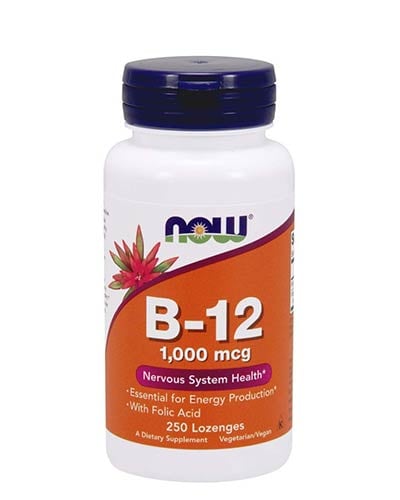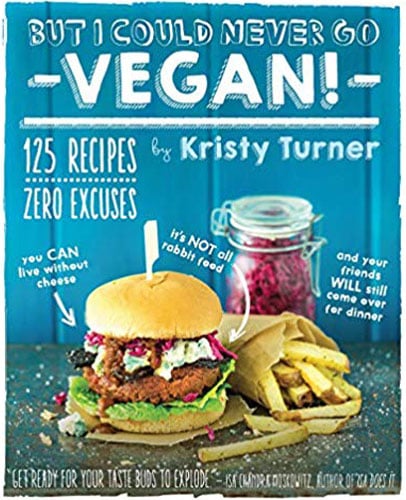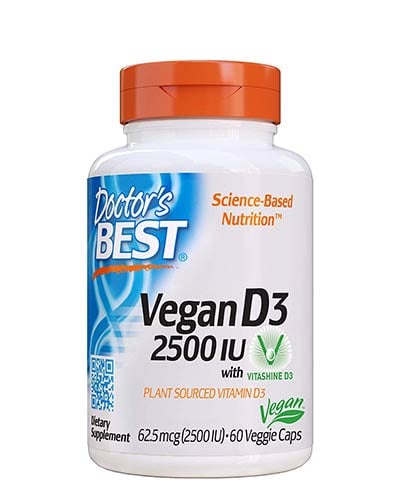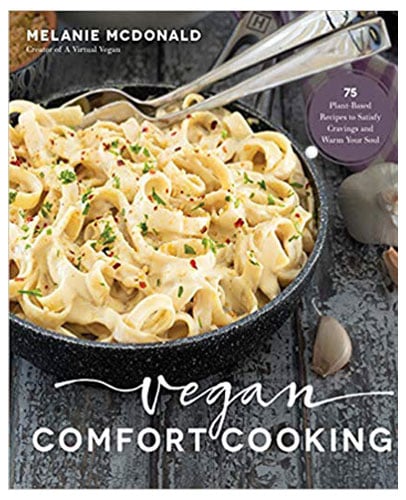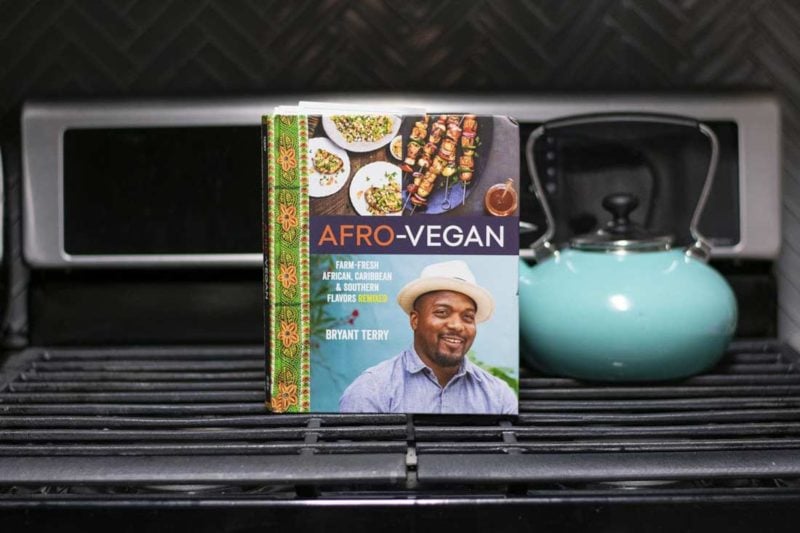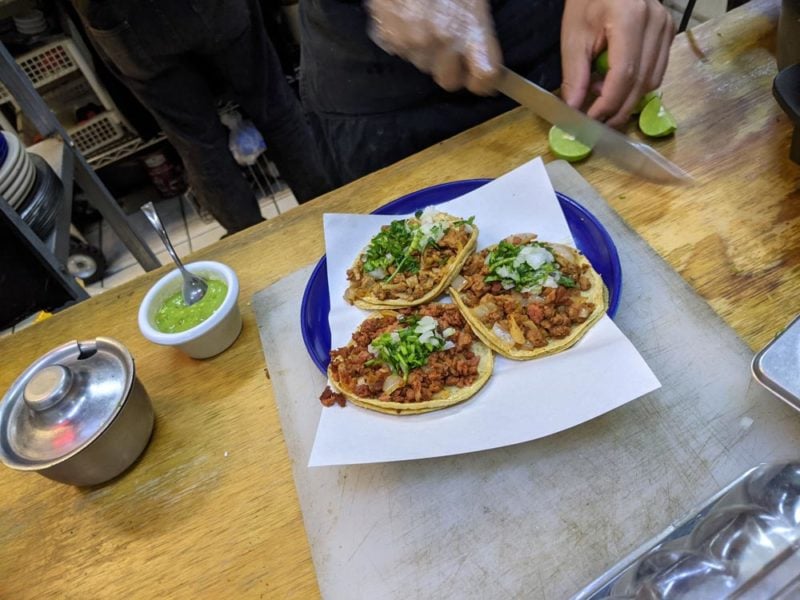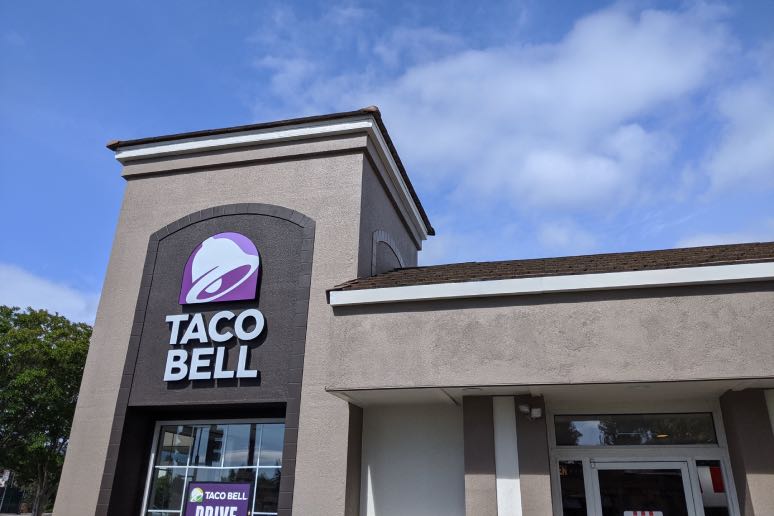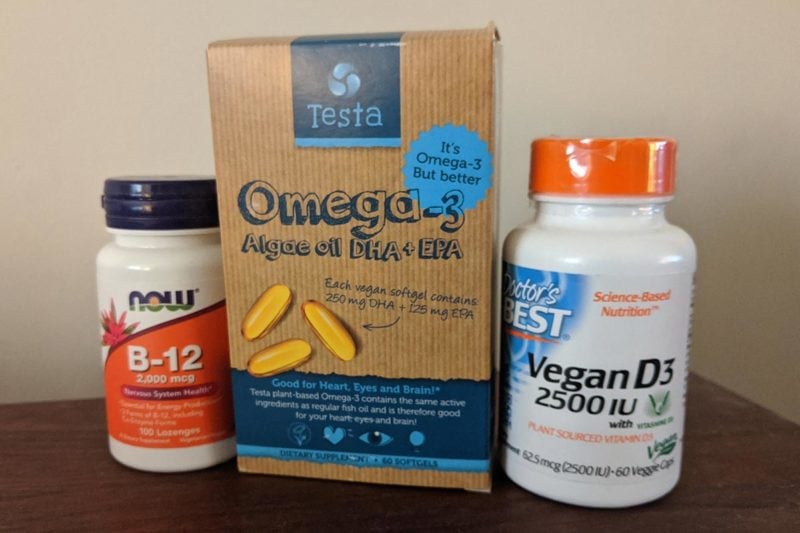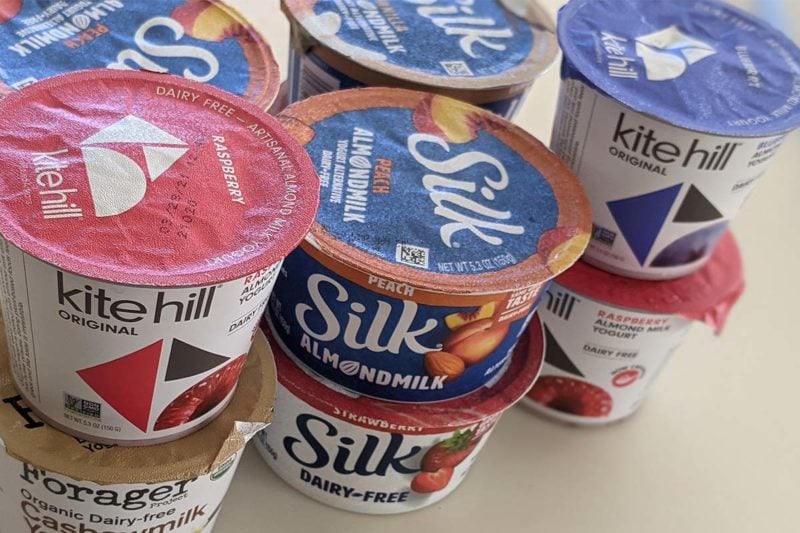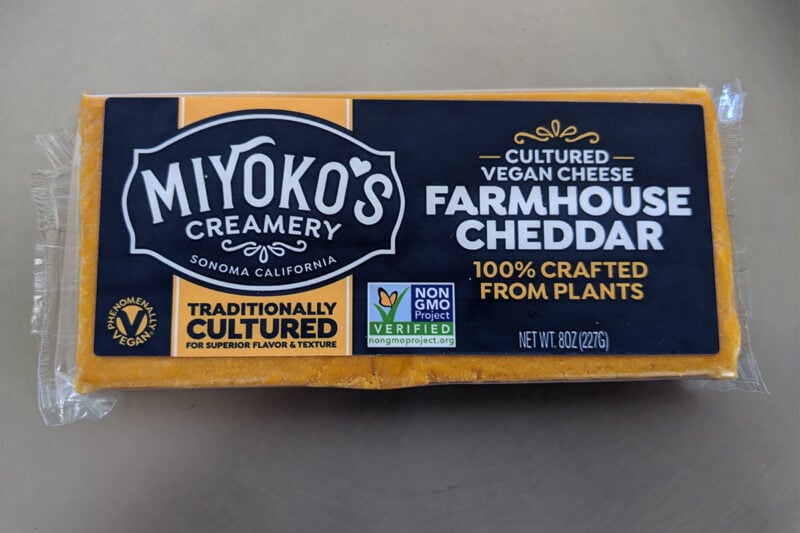A number of companies make excellent vegan candles, but finding these products requires some extra effort. The majority of candles contain slaughterhouse byproducts. Since regulations don’t require candlemakers to list their ingredients, you oftentimes can’t determine the vegan status of a candle without contacting the company.
Stearic Acid and Beeswax in Candles
The primary ingredient of most candles is paraffin, a petroleum derivative. Unfortunately, paraffin alone is too soft to make a good candle. Plus it’s transparent, and consumers prefer candles that are opaque. So most paraffin-based candles contain a small amount (up to 10 percent) of stearic acid to harden the wax and provide opacity. Stearic acid often comes from animal fat. Although coconut-based stearic acid is available, most candle-makers opt for the much cheaper slaughterhouse byproduct.
Some premium candles contain beeswax rather than paraffin. Beeswax is naturally a hard wax and therefore doesn’t need stearic acid for candle making. But, as a bee product, beeswax is obviously not vegan.
Finally, most candles contain colorants or fragrances. Yet again, the origin of these additives might be vegan or not, and this information is rarely disclosed on the label.
Vegan Candle Brands
Of all the items vegan shop for, candles are among the most frustrating. Unlike food, you often can’t ascertain a candle’s vegan status by reading the label.
Unless it’s clearly labeled to the contrary, you should assume all candles contain animal products. Luckily, you can find vegan candles without too much hassle—although they’ll always cost more than the cheapest candles. Some higher-end candles carry a vegan certification or other emblem on the label.
Here are some vegan candle brands:
- BB Wellness: 40 Hour Scented
- GoodLight: Natural Candles
- Happy Bee: Soy Candles
- Lulu: Soy Jar Candles
- Rejoice: Soy Wax Aromatherapy
- Yankee Candle Company: Many Varieties (All products vegan except for their beeswax taper candles)


